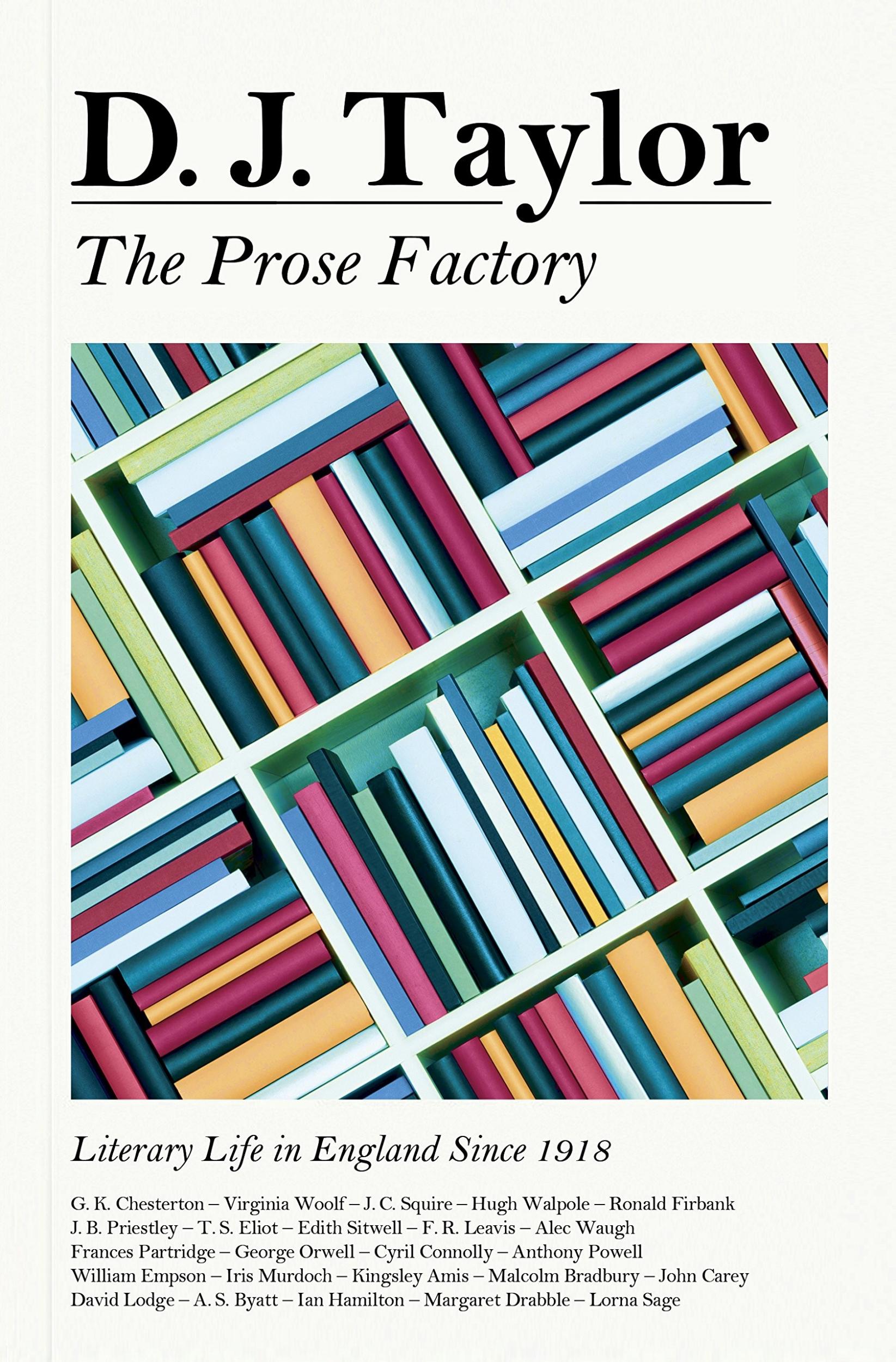Your support helps us to tell the story
From reproductive rights to climate change to Big Tech, The Independent is on the ground when the story is developing. Whether it's investigating the financials of Elon Musk's pro-Trump PAC or producing our latest documentary, 'The A Word', which shines a light on the American women fighting for reproductive rights, we know how important it is to parse out the facts from the messaging.
At such a critical moment in US history, we need reporters on the ground. Your donation allows us to keep sending journalists to speak to both sides of the story.
The Independent is trusted by Americans across the entire political spectrum. And unlike many other quality news outlets, we choose not to lock Americans out of our reporting and analysis with paywalls. We believe quality journalism should be available to everyone, paid for by those who can afford it.
Your support makes all the difference.D J Taylor’s survey of “literary life in England since 1918” is at its best when exploring the financial practicalities of writing professionally. How did writers of the past make ends meet?
Is it more difficult now than ever to live by one’s pen? The answer to the latter question is probably “yes”, although Taylor, an Independent on Sunday columnist, keeps the challenges faced by 21st-century writers in perspective, demonstrating that comparable difficulties always existed.
He shows that, for all the ways the world has changed, some authors, journalists and publishers of the 1920s and 1950s were waging similar battles.
Somebody is always crying: “Down with the Establishment!” Somebody else is always bemoaning declining standards. Meanwhile, the majority of freelance writers concentrate on trying to survive.
Like many good books, this one points readers towards other books. Illustrious figures – T S Eliot, Cyril Connolly, A S Byatt – are discussed in detail but I enjoyed learning about Walter Allen, “one of the new breed of literary men thrown up by the 1930s”.
From humble origins, Allen forged a career as an all-purpose literary man for four-and-a-half decades. Taylor’s extensive knowledge means that, as well as speaking up for unfashionable Hugh Walpole and J B Priestly, he introduces the obscure, such as Jack Lindsay, a working-class scribe whose novel End of Cornwall (1937) “charts the collapse of living standards in the rural South-west”.
I was bored by chapters concerning the politics of Oxbridge English departments; regardless of how influential these institutions are, those of us who studied elsewhere have had enough of hearing about it.
The briefest chapter, which examines “the ghost of literary sensibility” in pop lyrics, is thrilling and, 400 pages in, I wanted more Paul Weller and less F R Leavis.
Taylor’s even-handedness is both a quality and a drawback. He is so careful to balance, say, criticism of Virginia Woolf’s elitism with admiration for her revolutionary art, that it’s difficult to know what he really thinks.
Only in the final chapter, “Enemies of Promise”, on the institutionalisation of novelists via university creative writing departments and the internet critical free for all, does Taylor make a powerful, subjective argument. If he sides with anyone, it’s the “general reader”, but literary professionals are likely to get most from his book.
Today, Grub Street, the literary hack’s traditional hang out, has migrated online and everyone from Booker Prize winners to bloggers promote themselves on Twitter. Alec Waugh said men and women of letters needed “immense resilience” but, as living costs rise, the danger is that the vocation will be open only to those who can afford it.
In the week I read The Prose Factory, I reviewed another book, wrote an article about football, edited copy, pitched an interview with an author, met with editors, and neglected a long-term project. It was fun but, if I divide income by hours, I earned below minimum wage. So, why do it? My answer, especially after reading this riveting book, is that some people simply aren’t cut out for anything else.
The Prose Factory: Literary Life in England since 1918, by DJ Taylor. Chatto & Windus £20

Join our commenting forum
Join thought-provoking conversations, follow other Independent readers and see their replies
Comments